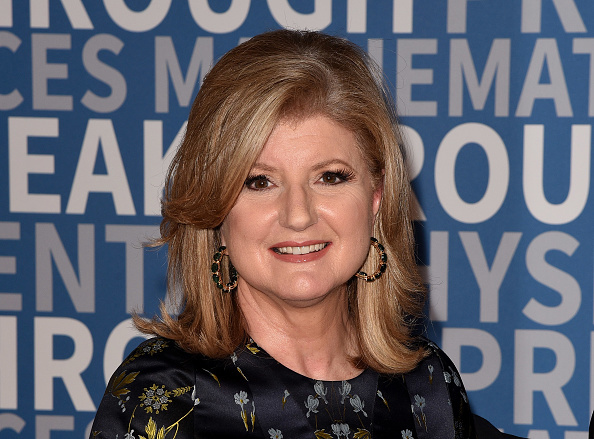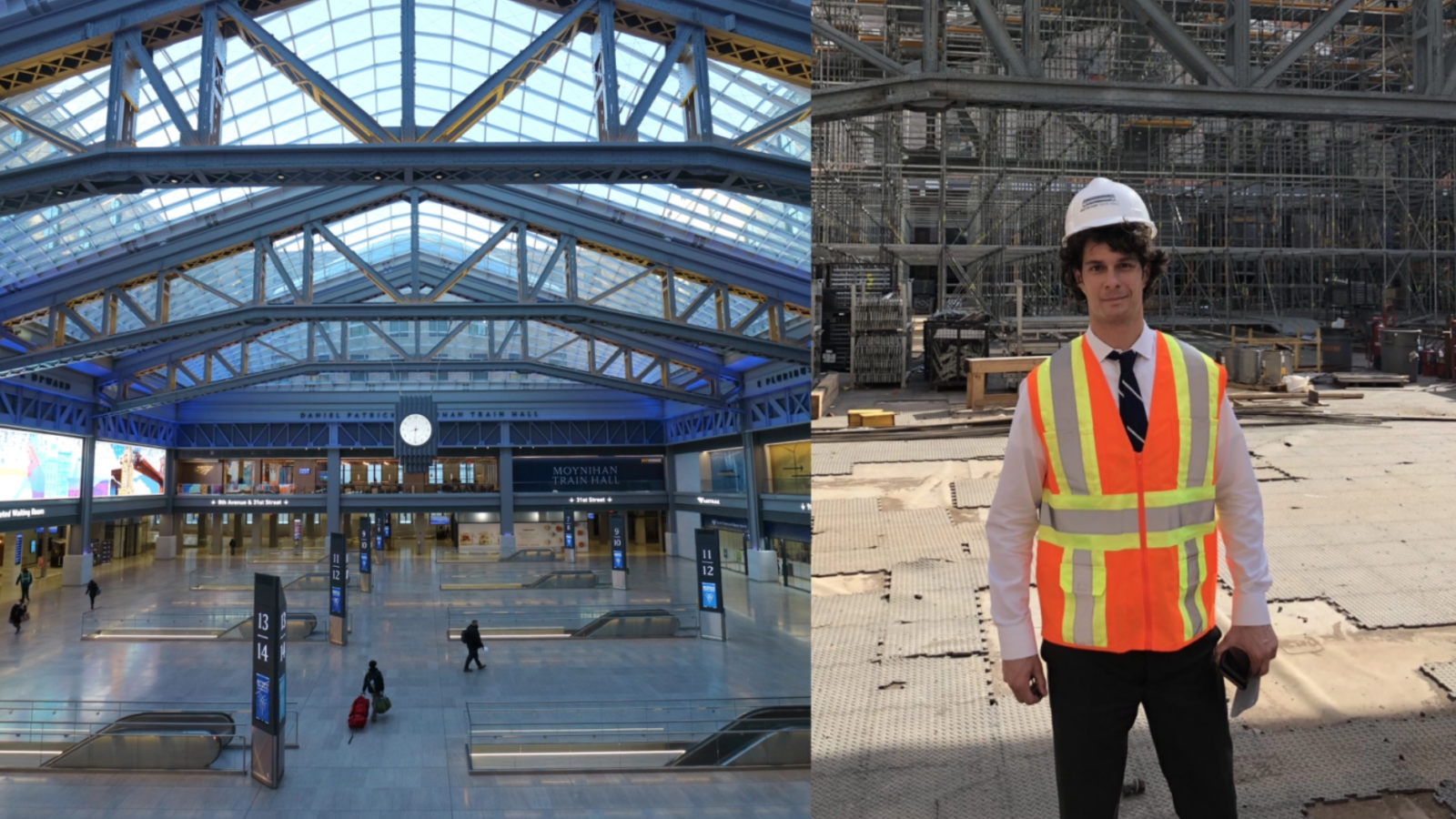On January 1st of this year, Moynihan Train Hall, the glorious light-filled centerpiece of the new Penn Station, opened in New York City. With its 92-foot atrium and original steel trusses, it is, as Christina Goldbaum writes in The New York Times, “a symbol of the city’s resilience through one of its darkest years.” But absent from the ribbon cutting was Michael Evans, the project manager for the new hall who took his own life last March at the age of 40.
As Goldbaum notes, of course we can never fully know the reasons why someone chooses to take his or her own life, but overwork and the stress of meeting an accelerated timeline seem to have played a role in Evans’s tragic story. “The pressure of finishing the project on time and on budget slowly gnawed at him,” Goldbaum writes. “He stopped riding his bike, visited the construction site nearly every weekend, spent vacations glued to his phone on work calls and looked increasingly worn down, according to friends and family members.”
Evans was also plagued by perfectionism, and took setbacks to the project personally. “The tension had become nearly disabling,” his sister Carrie Evans said. “He felt the enormity of the project sat on his shoulders alone.”
Even before the pandemic, we were in a mental health crisis, both here in the U.S. and globally, with suicide rates, especially for young people, climbing at an alarming pace over the past two decades. And work can often play a role. Last month, Choe Sang-Hun reported on the rising number of suicides by delivery workers in South Korea, where the term for death from overwork is “gwarosa.” In Japan, the term is “karoshi.”
It’s not just how much we work, but our relationship with work — what we give to our jobs, what our jobs give to us and how we integrate our work with the rest of our lives. We work to make money, of course, but work can also be a source of meaning in our lives — certainly it seemed to be for Evans. In a recent New Yorker article, “What’s Wrong with the Way We Work,” Jill Lepore writes, “All sorts of people doing all kinds of work like the companionship they find in the workplace, the chance to get out of the house, the feeling of doing something, the sense of accomplishment.” Lepore cites Studs Terkel’s 1974 book Working, a compilation of interviews with Americans talking about their work and the meaning it added to their lives. Terkel described the book as a study of people’s search “for daily meaning as well as daily bread, for recognition as well as cash.” As we go about our work, whatever it may be, how can we achieve a level of work-life integration that allows us to stay physically and mentally healthy and avoid burnout?
At the ribbon-cutting for the magnificent new station, Governor Cuomo extolled Evans by noting how he had “really put his heart and soul into this project.” Eric Gertler, CEO of Empire State Development, went further. “Michael was the very best kind of public servant,” Gertler said. “He was smart, dedicated, detail-oriented and relentless in the pursuit of building something truly spectacular to the benefit of the people of this state and beyond. For those of us who knew Michael, we will forever think of him each time we set foot in this Hall.”
And we can honor Evans not just by appreciating his remarkable work, but by doing all we can to remove the stigma around mental health. In 1963, the destruction of the light-filled original Penn Station gave birth to the landmark preservation movement and a newfound awareness about what we truly value. Our attitudes about the connection between work, burnout and mental health are also changing, but not fast enough.
Subscribe here for Arianna’s On My Mind Newsletter, where you’ll find inspiration and actionable advice on how to build healthy habits, resilience and connections in our unprecedented times.


